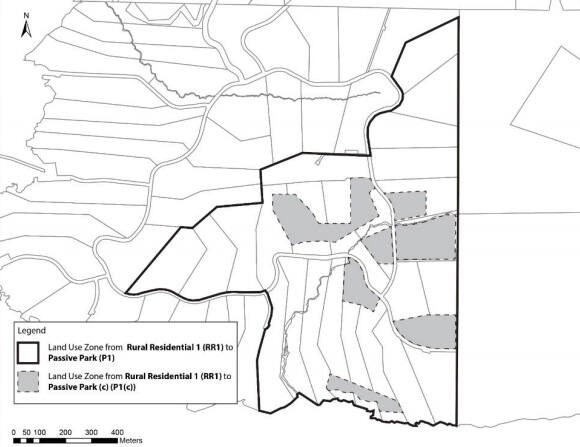The municipality is preparing a list of conditions it will be asking Metro Vancouver to satisfy as part of the organization’s rezoning application at Cape Roger Curtis.
Metro Vancouver finalized the purchase of 97-hectares of Cape land last month, completing an acquisition process that began last year. Their goal is to create a new regional park on the land, including offering overnight camping. But since the land is not zoned for overnight stays, amendments to Bowen’s Official Community Plan and Land Use Bylaw would be required.
These changes passed a first reading in April with a 5-2 vote from council. A second reading is not expected until the fall as each local committee has the chance to discuss the topic, and Metro Vancouver provides more information on their park proposal.
With most of the summer ahead, the municipality is now crafting an additional set of requests, referred to as conditions during a June 14 Committee of the Whole, that they’ll be delivering to Metro Vancouver. The list generally consists of ‘off-site amenities’ directed at reducing the impact of the park on other parts of the island, from arrival at Snug Cove to Cape entry along Whitesails Drive.
The meeting began with a list of around half-a-dozen conditions crafted by staff, but was quickly expanded upon by council following a presentation by manager of planning and development Daniel Martin. About 25 more conditions were added during discussion, with a curated list now expected to be presented back to council during their July 10 meeting.
“My hope for this meeting is that we get clear all of the big asks… we get this off and send it to them (Metro Vancouver) and say, we’re in the drivers seat and this is what needs to be addressed from a council perspective if there’s even to be a consideration of second reading at this point” said Mayor Andrew Leonard last Wednesday.
While there were many specific points made, most of them revolved around the main themes discussed throughout the park debate, including ecology, transportation, and of course camping. Metro Vancouver has proposed up to 100 overnight campsites at the Cape, but this has received pushback from a large portion of the community and some councillors too. Coun. Tim Wake said it may be time to picture alternate use of the space entirely.
“I think that we’re putting the cart before the horse a little bit. It would really serve us well to put Metro on notice that we want to have a discussion on the possibility of a different overarching vision for the park,” said Wake.
Council seemed to agree, particularly in the case of vehicle access sites, proposing that any vehicle travel into the park be provided by shuttles only, except in the case of accessibility needs. It was noted the municipality and Metro Vancouver have differing definitions of accessibility, and consensus would need to be reached between them to determine this condition.
The no-vehicle condition evolved beyond visitor camping later in the meeting, with council expressing their desire to keep all vehicles out of the Cape, whether driven by residents or non-residents. They also showed support for a reservation system for both day and overnight use, along with the creation of monitored gates at park entrances to enforce this.
Leonard also made clear he wants to see both a Visitor Use, and Adaptive Management Frameworks to guide both creation and phasing-in of the park. “One of the challenges that I see in the phasing summary is that the phasing is actually dictating the adaptive management, as opposed to the adaptive management driving the implementation development,” said the mayor.
“All of the tools and strategy and documents are there for a next-generation park to be enacted. But there hasn’t been one that’s been seen yet… That type of forward-thinking park that takes people out of vehicles, that connects folks in climate and ecological responsible ways, that has a management plan that is highly sensitive to the relationship of human use and ecology, that has the opportunity to reclaim land that was cleared and developed and marked for development on those sites – this is the type of opportunity that exists,” said Leonard.
Staff suggestions included funding of the remaining portions of the Multi-Use Path, a dedicated shuttle bus from Snug Cove to the park, and transfer to Metro Vancouver of certain municipal roads and trails within the proposed park lands.
The list is expected to undergo revisions before returning to council next month. Once they approve a finalized list, it will sent to both Metro Vancouver and Bowen’s committees for further discussion.



